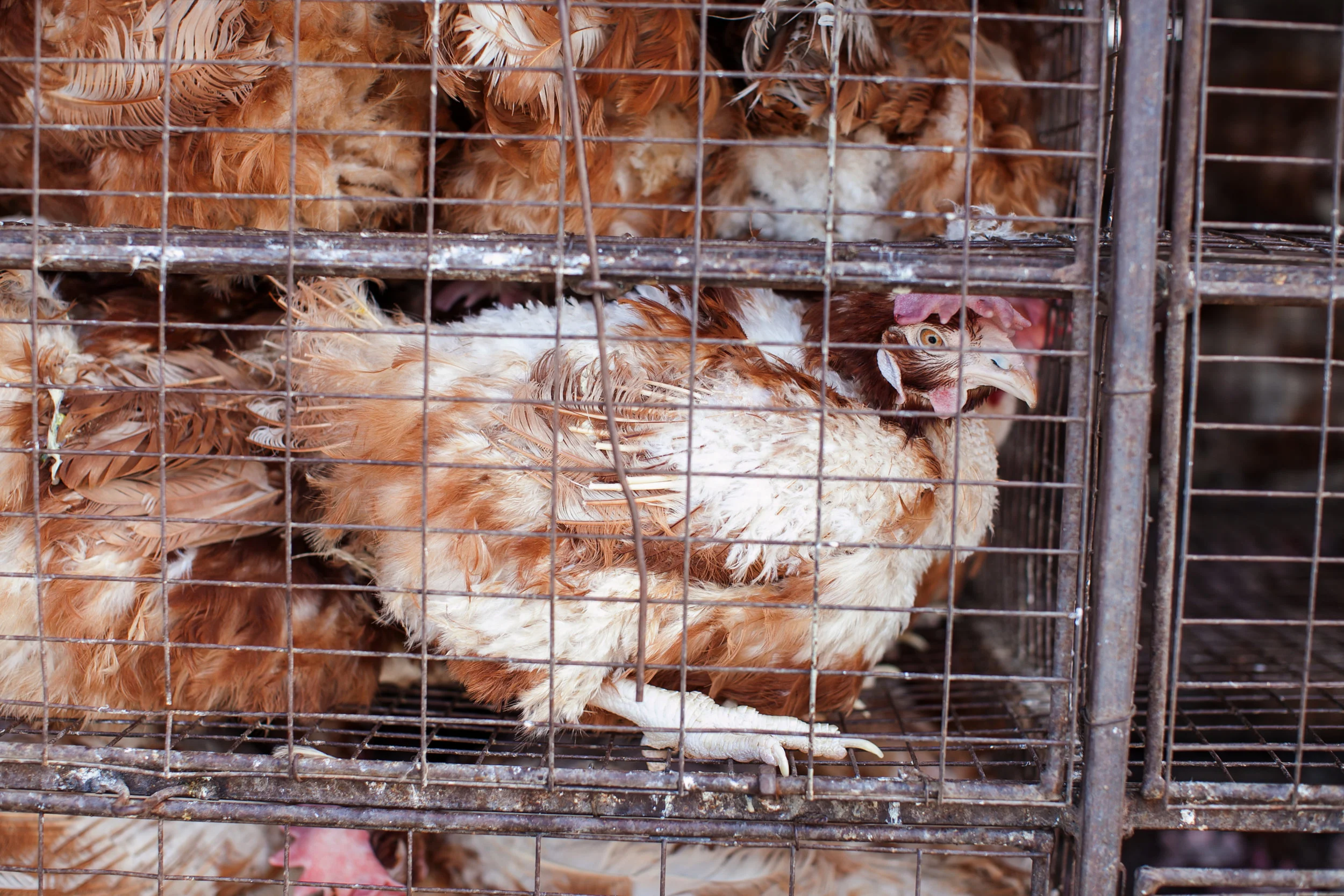STAFF: 4 Reasons Why You Need Staff Feedback at Your Restaurant
As operators and managers, we’re obsessed with what our guests think of us. And it makes sense. Guests are the ones carrying the cash, so happy guests turn into a happy sales report, right? So, we obsess over what they think of us. We scour Yelp reviews and ratings on our Facebook page. But by focusing on making our guests happy we can’t ignore what our staff’s insight into our business. Here are some reasons why you should regularly ask your staff for feedback.
DID YOU KNOWS…
World Refugee Day
Yesterday marked World Refugee Day and this year, it is occurring amid record levels of global displacement. Earlier this week, the UNHCR released a report showing that in 2018, the number of people fleeing war, persecution and conflict exceeded 70 million, the highest level that the UN's Refugee Agency has seen in its almost 70 years. Today's bulletin uses data from the report to highlight key trends about the world's refugees.
An Unpleasant Surprise
U.S. college students currently working on their degree are in for an unpleasant surprise when negotiating their first salaries. That’s according to a new study conducted by Clever, which found that undergraduate students in the United States are overestimating what they’re worth by a varying degree, depending on the major. Comparing average expected salaries to median actual salaries as reported in PayScale’s College Salary Report, Clever reveals which majors are particularly prone to unrealistic expectations.
BK’s IG ‘Takeover’
If you go look at Burger King’s tagged photos, you’re gonna see a lot of penis. The prank was started by a San Francisco artist who creates “tap-and-hold” games on Instagram. Burger King Switzerland ran with one of his ideas without approval, proper credit or payment. And since the legal process is a tedious and expensive one, the artist decided taking over the fast-food’s IG tags was a better method of reprisal. Not sure who really won out of this one.
FARM AID
Why it matters to you: Animal welfare is directly connected to the safety and security of our food supply.
Animal welfare may seem like an issue for the earthy crunchy in organizations like People for the Ethical Treatment of Animals (PETA), but it’s actually an issue that is central to our success in the restaurant industry. Take the example of FairLife Dairy, a subsidiary of Coca-Cola. This farm was touted as a “grass-to-glass” operation highlighting their quality and care in dairy production. Problem is that the people running at least one contributing dairy operation (owned by the founder of FairLife, btw) were caught abusing animals and then sending dead and injured animals to slaughter for meat. Let’s face it: if you are abusing your animals, you likely aren’t being careful about the sanitation or security of our food supply. Sure, Coke has promised an inquiry, but this is what happens when we ignore issues like animal welfare.
Another prime example is the swine virus running through the Chinese pork herd. Ironically, this is also causing a huge drop in the price of feed due to a 90 million hog loss in China. The consequences for our feed delivery systems could be extreme and the impact on prices totally unpredictable. It all starts with how we approach animal welfare and ethical farming in general. No, you aren’t a farmer, nor should you be focused on how they do their jobs. However, your business IS impacted by conditions in big agra and even small farms, for that matter. While you are somewhat powerless to address issues like this directly, you can opt for local produce and protein, where you can at least appreciate the conditions under which your food is being produced.
[Source: Mother Jones & Entrepreneur]
MEETING DELIVERY WHERE IT STANDS
Why it matters to you: What does a meeting in NYC about the future of third-party delivery mean for off-premise dining?
It’s never good news when a municipality decides to weigh in on issues central to restaurant success. So, New York City’s hosting of a summit regarding the impact of third-party delivery apps on their restaurant sector, might naturally sound a little scary. But have heart we say, it appears like the city is actually being thoughtful and attempting to bring stake holders together for a meaningful conversation about the direction of delivery in NYC. There is some speculation as to whether this was triggered by the class action suit filed against GrubHub in Pennsylvania. However, the fact remains that communities that are seeing increases in delivery traffic have an interest in understanding how the delivery systems work in order to regulate the behavior against it disrupting their residents.
No one is hoping for more regulation, but an attempt to bring constituencies together to address a burgeoning market make sense. This way, New York won’t become a victim of too much of a good thing and ensure the sustainability of delivery in their municipality. Just consider the example of a previously un-regulated industry like bike-/scooter-share services. In San Diego, there are so many different companies competing for the attention of consumers that their rides are cluttering every sidewalk from Del Mar to the Mexican border. They are ugly and clutter the landscape; consequently San Diego had to take action. In NYC with delivery, they aren’t waiting for it to become cluttered and want to have a conversation about how to avoid that very same clutter. It may sound like regulation, but it seems to us that being proactive is a sign of good administration not bad.
[Source: Nation’s Restaurant News]














